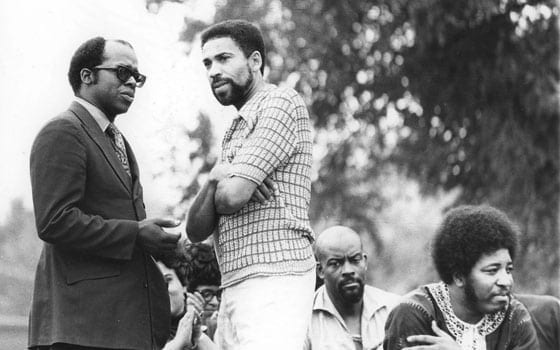
The year was 1981, and black America was jittery. There was a new president in the White House, and rumors persisted the winning number in the illegal street lottery on Election Day had been 666. The message to and from black folks: Ronald Reagan was evil.
The actor who had pumped Borax detergent in TV commercials had now sold white America on a brand of hard-edged conservatism dashed with coded race-baiting. Some younger black folks talked among themselves about the extreme action they would take if Reagan tried to clock back to Jim Crow segregation.
But the NAACP did what it normally does. It invited the new president to its annual convention. And he showed up, giving a speech that, for the “Great Communicator,” was unremarkable except for his audience.
Afterwards, I went looking for the NAACP’s general counsel, Thomas I. Atkins, to ask the former Boston city councilor about his reaction to Reagan’s speech. I found him behind a desk in a small office in the Denver Convention Center.
I had never met Atkins before. I was a young reporter then, but already I knew lawyers tend to make windy, qualified comments more suitable for a courtroom than a newspaper. His first answer let me know Tom Atkins was a different kind of lawyer.






